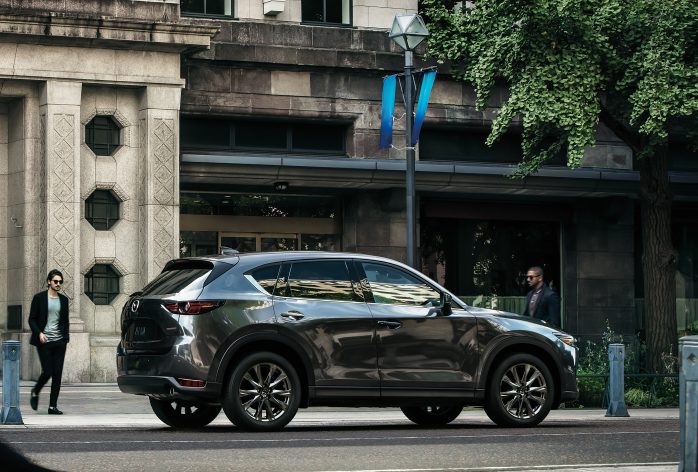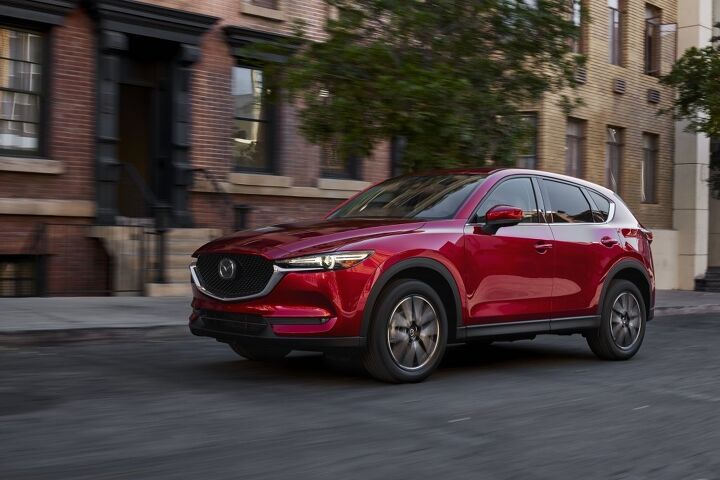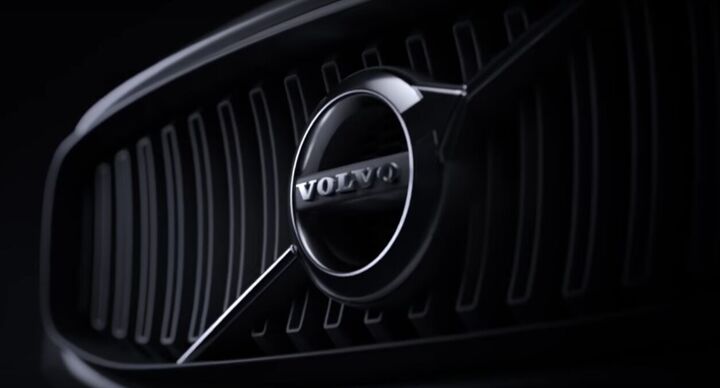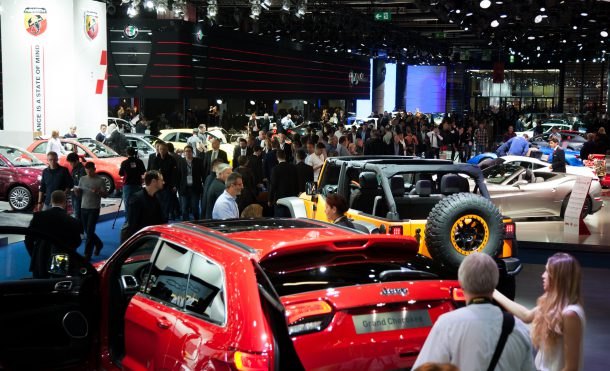#SalesAndMarketing
Connected Vehicle Sales Grow by 20 Percent in 2021
Connected vehicle sales will grow 20 percent in 2021, with a 10.4 percent compound annual growth rate (CAGR) between 2020-2026 according to ABI Research, a tech market advisory group.
Is Mazda's Premium Push Prudent?
While Mazda’s vehicles are often praised for being handsome and playing host to desirable driving dynamics, the latter half of that arrangement has become less important in recent years. Remember the last time you saw a Zoom-Zoom ad? Neither do we.
That’s because Mazda isn’t the same brand anymore. While some of its budget-minded performance chops remain intact (MX-5), the prevailing shift has been toward luxury — which is kind of a nebulous concept these days. In the most general sense, it means Mazda is pushing for higher-margin vehicles and fancier showrooms. But it’s not a guaranteed strategy for winning… or losing, for that matter.
The Outsider: New Global BMW Sales Boss Pieter Nota Comes From Royal Philips, Beiersdorf, Unilever
After a near decade-long run at the helm of BMW Group’s sales and marketing department, Ian Robertson is retiring.
Taking over from the Englishman Robertson will be Pieter Nota, a Netherlands native who is anything but representative of the BMW establishment, every inch not automotive industry insider. Nota comes from Royal Philips, where you buy your electric razors, and formerly worked at Beiersdorf (where you buy your Nivea moisturizer) and Unilever, which fills your grocery store shelves with Axe, Hellmann’s, Ben & Jerry’s, and Dove.
I can’t believe it’s not butter a board member.
Mazda Appoints Chief Marketing Officer in Upmarket Push
Mazda’s North American Operations has named Dino Bernacchi as its chief marketing officer, a position created specifically to aid the automaker in establishing itself as a premium brand.
The manufacturer has taken steps to ditch its economical heritage for nearly a year as it pushes upmarket. Model redesigns have followed a cohesive, sleek trend while the company zeroes in on a future “premium, pricey model” to secure its new identity.
Until then, image is everything for Mazda. The brand doesn’t seem interested in swapping over to a luxury-focused lineup or changing its production philosophy. While Mazda had what was arguably the most aesthetically appealing booth at the New York auto show (even if Porsche and Volvo had the better snacks), most of its vehicles still start below $25,000.
Volvo Misses April Fools' Day by Almost an Entire Week
Last night, Volvo released a teaser video for a new vehicle it labeled as its “smallest coupe ever,” and I can’t help but feel that its marketing department dropped the ball on the timing.
The video introduces it as an ultra-modern, limited edition representative of a model specifically aimed at the next generation of consumers. Then, Volvo hinted that it might even be autonomous, and I assumed this was some wild concept vehicle never to enter production — but Volvo is already building it.
Of course, I felt like a moron when the big reveal finally came.
Here Are the Brands That Won't Be Shipping Out to the Frankfurt Motor Show This Year
Frankfurt is the real deal when it comes to trade events. Germany’s International Motor Show is the oldest and, frequently, the largest exhibition of new vehicles and automotive engineering on the planet. However, some important automakers are deciding not to bother with it this year.
The event’s organizer, Germany’s VDA industry association, has confirmed that several automakers have cancelled on the Internationale Automobil-Ausstellung in September 2017. While there will still be over 50 individual brands from Europe, Asia, and the United States, a few of the heavier hitters are following the trend of taking their marketing money off the floor and rerouting it back into digital advertising.
Porsche Rakes in $17,250 on Every Car It Sells
While still exclusive, Porsche is gradually becoming a more populous and profitable brand. It delivered 238,000 vehicles last year and posted an operating profit of $4.1 billion — a 14-percent increase over 2015’s accounting.
A little back-of-the-envelope math places the per-car profit at roughly $17,250. As a premium automaker, you’d expect it to rake it in on every vehicle sold. However, Porsche doesn’t limit production to the same extent that Ferrari does in order to maintain artificially high prices. And it absolutely decimates other premium brands that offer exclusivity at a higher volume. BMW and Mercedes-Benz both hover at around $5,000 in profit per car.
Porsche seems to have struck an ideal balance. While its per-car profit was actually higher a few years ago — $23,000 in 2013 — it wasn’t making quite as much money overall. At the time, Bentley pulled in roughly 21 grand per unit and sold fewer vehicles overall. Since then, Porsche has shifted some of its focus downmarket, introduced the Macan, expanded its volume, increased income, and still managed to maintain a sweet profit margin on every vehicle sold.
How did it manage that? Basically, the same way Ford wrangles its F-150.
Old Dealers Indignant Over FCA's Plan to Expand Network by 380 Stores
Fiat Chrysler Automobiles wants to grow its dealer network by 380 new stores in a bid to improve its dwindling market share. The plan isn’t going over so well with the company’s existing dealers, however. As the strategy could potentially threaten their present businesses, some of those dealerships are putting up a fight over the issue.
The choice to expand comes at a difficult time. Sales locations aren’t doing the best and suffering through a diluted and unpopular product lineup while the automaker shifts its focus away from cars to the more-popular SUVS and trucks. FCA sales have been on the decline for almost six months and the company’s slice of the U.S. market fell to 12 percent in the fourth quarter of 2016, compared to 13.6 percent in the same period of 2015. The expansion decision also goes against the advice of FCA’s dealership location consultant, Urban Science.
Dealerships Want to Get Trucked More Often in 2017
The cornerstone of every healthy relationship is frank and frequent communication. Last year, consumers wanted more sport utility vehicles, but automakers still had too many cars rolling off assembly lines. Caught in the crossfire were forlorn dealerships that were incapable of providing the trucks and crossovers that customers cannot seem to get enough of.
At the 2017 National Automobile Dealers Association Conference & Expo, this issue is apparently weighing so heavily on the minds of America’s automotive purveyors that it wouldn’t be surprising if gray matter began leaking out of their ears and onto the expo floor.
























Recent Comments